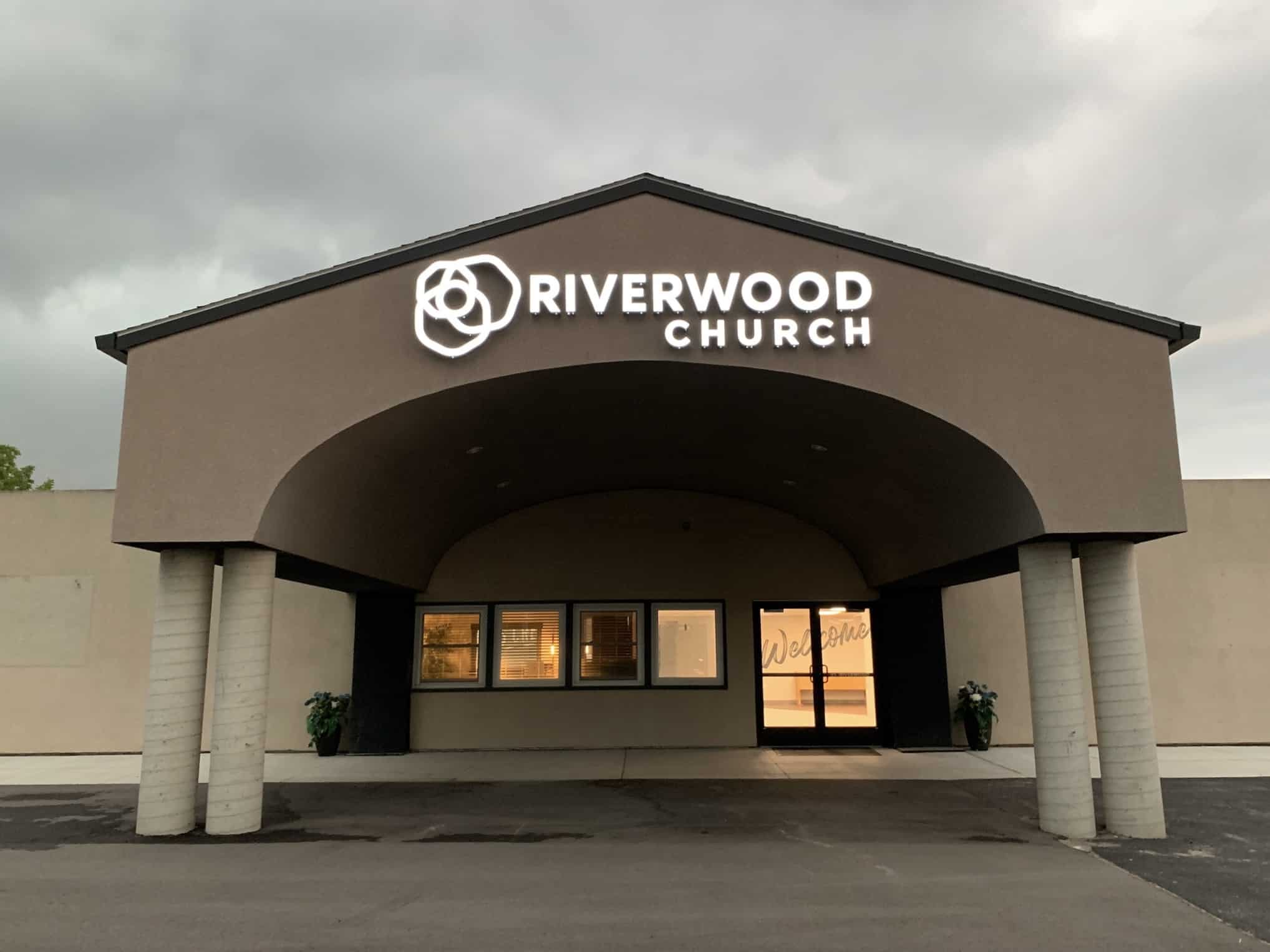
by Erin Bird
We are continuing with our How to Study the Bible series where we are taking a glimpse of a different Bible Study method each week. (If you've missed any of our previous weeks, head here to catch up.) This week, we come to a study method I'm calling "The Big Picture."
If you've heard me teach on a Sunday at a Worship Gathering, you know I'm big on context. Keeping a Bible verse in context helps you avoid misinterpreting and misapplying it.
But there are different types of context. Here are a few:
When studying a Bible verse, it's good to ask, "what is said prior and after this verse?" Often the immediate context helps you understand the verse in question more clearly, but also helps you avoid errors.
For instance, many years ago, I heard a group of Christians pray that God would put a certain politician in the White House, and they used Matthew 18:19 to tell God He had to do it. After all, Matthew 18:19 says,
"Again I say to you, if two of you agree on earth about anything they ask, it will be done for them by my Father in heaven."
They clearly took this verse to mean that since they had more than two of them in agreement that a certain person should become President, God would make it happen.
However, by looking at the immediate context of this verse, you see Jesus is talking about church discipline. He is explaining how to confront, discipline, forgive, and restore someone who has been sinning and harming themselves and the church. So verse 19 isn't about two people asking for whatever they want, it's about God's work in whatever agreement they come to in the restorative discipline of a fellow believer. Here's how Tom Constable puts it in his "Notes on the Bible..."
"In the context, 'anything' refers to any judicial decision involving an erring disciple that the other disciples may make corporately. God has always stood behind His judicial representatives on earth when they carry out His will."
Suddenly, when you realize the context, you don't want to use this verse out of Matthew to demand God get your preferred candidate elected.
So as you study the Bible, seek to understand the immediate context around a verse to give you greater clarity and understanding of the text.
Not only is it helpful to know the immediate context, it's just as helpful to know the broader context. By "broader context," I primarily mean the entire chapter (which contains the verse) as well as the entire book.
For instance, last fall, we studied the book of 1 John as a church family. We saw that the Apostle John used the word "light" several times throughout his letter. If you saw 1 John 2:8 isolated, you might make the mistake of thinking he was talking about the sunrise. But when you realize that throughout the whole letter, light refers to Jesus and the gospel, you see 1 John 2:8 in a different "light" (yes, pun intended!).
With that said, let me point out that while "broader context" can be an entire chapter or book, it could also be:
The last type of context I want to bring up is Historical Context. What was happening historically when a book or letter was written?
Understanding the historical context is incredibly helpful, giving you a better understanding of a book or letter, almost like a "behind the scenes" perspective. For instance, knowing the prophet Amos was a shepherd and a forester by trade gives you a greater understanding of why he used a fair amount of imagery from nature in his prophecies.
But you are probably not going to gain Historical Context merely from reading the Bible itself. Usually, you need to use reliable outside sources. My personal online favorite (which I've shared before) is the NetBible's online study environment. I know many people who prefer to use the Blue Letter Bible because it has more tools than the NetBible. Or you can go big and purchase something like Logos Bible Software or Accordance.
Do you have a favorite Bible study tool that has helped you understand the context of the Scripture? Please share it on our Facebook page!
Receive Riverwood's "News & Notes" weekly email in your inbox. Submit your email address below and stay in the loop.

We are on a mission to help people love like Jesus loved and live like Jesus lived.
It doesn't matter to us if you:
No matter where you are in your spiritual journey, we want to help you become who God has created you to be.